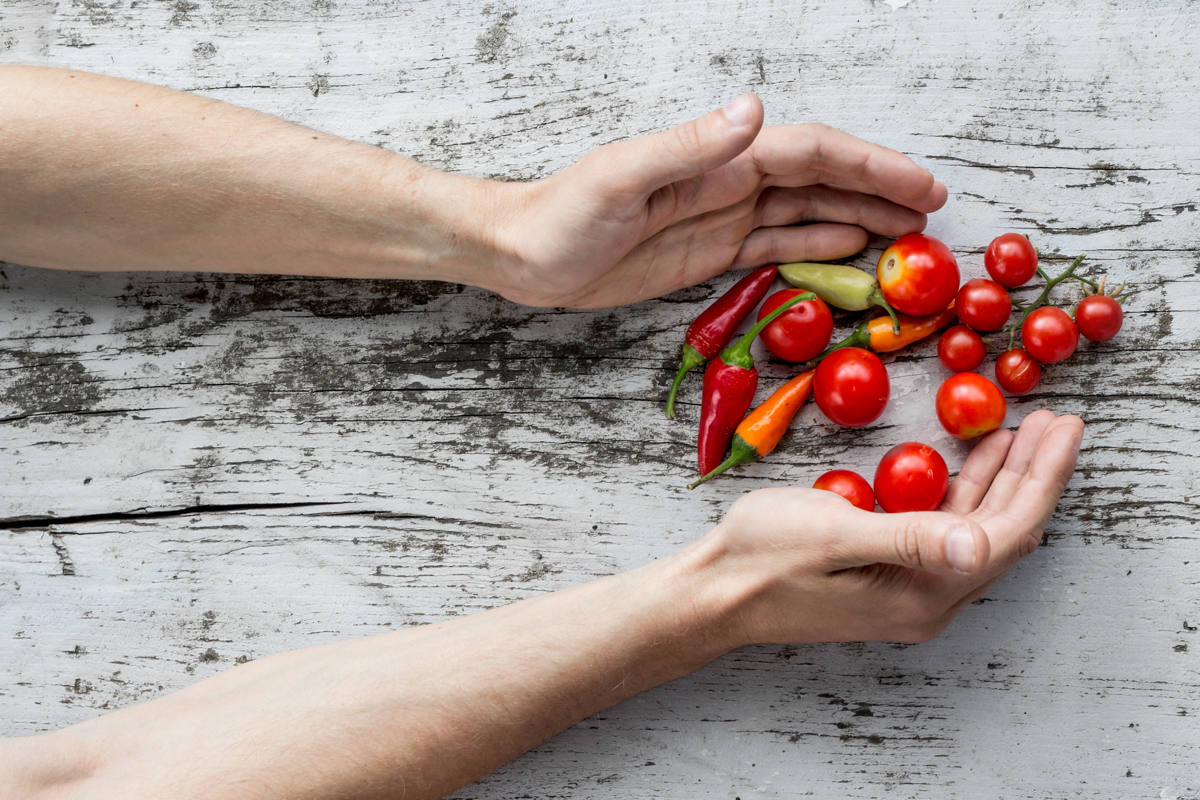10 Sustainable Swaps for your Lunchbox
Countless plastic boxes, forks, straws, bottles and disposable coffee cups are added daily to our already overfilled landfill sites and are even accumulating in our oceans. Consider how many of these items you use every week on average, and then consider the difference it would make if every consumer were to simply refuse items that cannot be reused. Here we present 10 sustainable swaps for your lunchbox.
Reusable lunchbox, cutlery, bottle and coffee cup
First thing’s first: Invest in a reusable lunchbox, cutlery, bottle and coffee cup. Even if you tend to buy your lunch on the go, bringing your own lunchbox to a street food stall, salad bar or sandwich café will save them from having to pack your lunch in a disposable takeaway box. Bringing your own cutlery will also save you from resorting to a disposable set, and you’ll be less likely to end up with half a broken fork in your superfood salad. The easiest eco-friendly habit to pick up is to bring your own reusable water bottle wherever you go. Water is free everywhere, so you can refill your bottle whenever you need to. If you’re a juice or smoothie lover, invest in another reusable bottle or smoothie cup and opt for a fresh and healthy blend from a smoothie bar rather than a processed pre-bottled drink.
Use reusable beeswax wraps
Swap clingfilm, foil and plastic sandwich bags for reusable beeswax wraps. Unlike clingfilm, foil and plastic sandwich bags, beeswax wraps are reusable and biodegradable. They can be sealed using the warmth of your hands, so will keep your lunch just as well protected as clingfilm and foil, with the added bonus that you can wash them clean and use them again!
Buy in bulk
Buy in bulk instead of purchasing single-portion products. Buying in bulk saves unnecessary packaging. Instead, you can portion out your own servings from family-packs into jars or reusable containers. Another advantage of this is that you can amend the serving sizes to suit different dietary requirements. For example, from a large bag of nuts you can portion out smaller portions for children and larger portions for adults.

Shop over the counter at local businesses
Shop over the counter at local businesses rather than buying pre-weighed and packaged portions at the supermarket. Buying meat, cheese, bread and products such as antipasti from food counters at your local grocery stores will allow you to purchase the exact portions you need, avoiding food waste, and if you bring your own reusable containers you won’t require any packaging. At bulk food stores you can even stock up on items such as grains and pasta without the plastic packaging.
Use reusable cloth bags
Use reusable cloth bags when buying loose fruit and vegetables. Supermarkets tend to wrap the majority of their fruits and vegetables in plastic; when the items are available to buy loose, usually only plastic bags are offered to pack them in. Avoid buying anything pre-packaged and bring your own reusable cloth bags to purchase loose items, most of which can be found at farmer’s markets or local shops.
Choose organic and Fairtrade ingredients
Buying items which are organic and Fairtrade means they have been produced in a way that minimises harmful effects on the environment and ensures fair treatment of workers involved in the production process in less developed countries. Shop at your local farmer’s market for organic and seasonal ingredients and look out for the official organic and Fairtrade certifications on product labels at the supermarket.
Avoid unsustainable palm oil
Palm oil is a vegetable oil derived from the African oil palm tree which can be found in a huge range of products including sweets, baked goods and cleaning agents. The production of palm oil currently involves large-scale deforestation and habitat destruction to create space for oil palm plantations, which leads to the extinction of animal species as well as contributing to climate change. Moreover, communities relying on the land for their livelihood are forced to find other means to survive, and often fall victim to the harsh and unstable working conditions of the global palm oil industry. Always check the labels of your products to make sure they are free from unsustainable palm oil.
Swap animal products for plant foods
Animal agriculture, particularly intensive farming, is one of the main contributors to greenhouse gas emissions. While plant protein and fat have no negative health effects; animal protein, animal fat and cholesterol found in animal products are considered to be the main causes of declining kidney function and also contribute to chronic diseases such as heart disease. Animal protein consumption is also associated with increased production of cancer-promoting substances. On the other hand, plant foods provide us with a range of biological compounds that help protect us from chronic diseases and cancer. For the health of your body and the planet, try to minimise your consumption of animal products as much as possible. You could simply swap the cheese and ham in your sandwich for vegan cheese and meat alternatives, or you could experiment with different recipes and make your own nut-based cheeses, bean dips and veggie burgers.
Switch up your grains
Ancient grains such as amaranth, millet and teff are healthier and more sustainable alternatives to rice and other typical carbohydrate sources. Their nutritional profile is far superior to those of refined carbohydrates and they require less agricultural effort to produce. Aim to buy organic and Fairtrade grains to support communities involved in their production.
Eat homemade, fresh and healthy food
Most importantly: Swap pre-made, packaged and processed food for homemade, fresh and healthy food. The process of making, preserving, packaging, transporting and storing prepared and processed foods from microwave meals to pre-made pasta sauces requires a huge amount of energy and resources as well as harmful pesticides and food additives. In an ideal world we would grow all our food locally and cook everything from scratch! Small yet significant practises such as buying organic seasonal wholefoods, avoiding pre-made packaged foods, prepping your own meals and growing your own herb and vegetables where possible can soon become second nature and will have a vastly positive impact on your health and the environment.

+ Words: Yasmin Razzaque
Yasmin Razzaque is a Biochemistry graduate with a keen interest in health and nutrition. She uses her scientific knowledge and ability to critically analyse research to write articles about healthy and sustainable eating and wellbeing.
Instagram: @yasminsophiya




